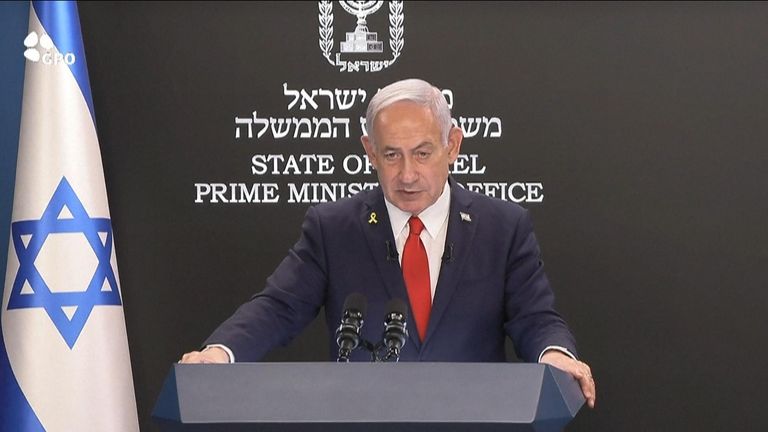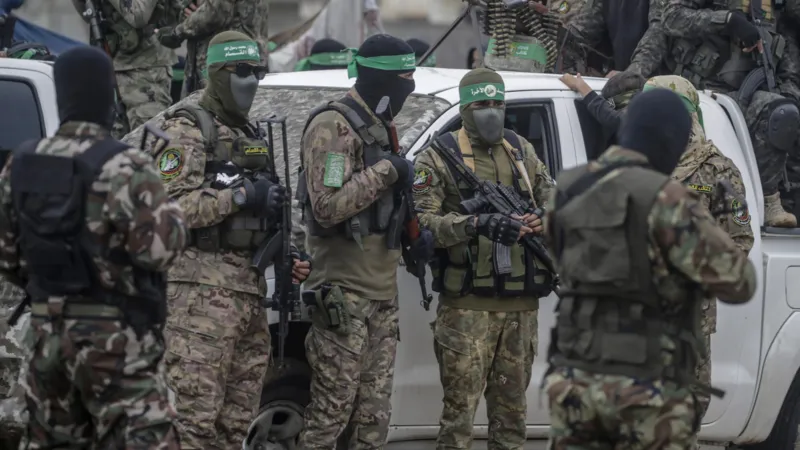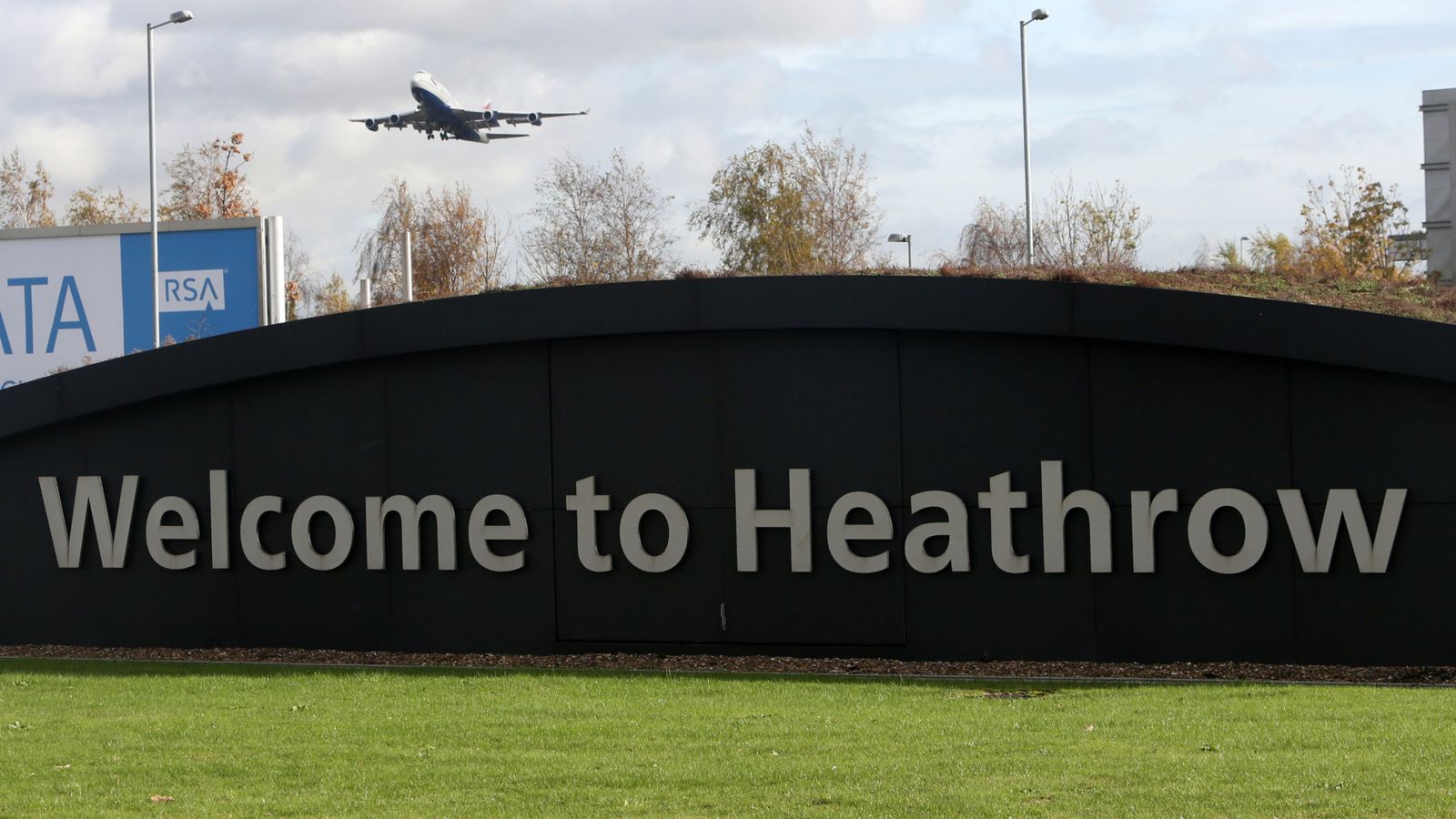Nigerian police teargas protesters, arrest hundreds
Days of widespread demonstrations in Africa's most populous nation have left at least 13 people dead, Amnesty International says.

Nigerian police said they had arrested nearly 700 people in days of nationwide protests against the high cost of living.
On Saturday, police said they fired rubber bullets and teargas at protesters in the capital city, Abuja.
Amnesty International said 50 journalists were among the 681 people arrested over the three days of demonstrations.
Demonstrations to continue
The people who have been arrested are being accused by the police of "armed robbery, arson, mischief," and damaging property.

Policemen patrol during a protest against the economic hardship on the street in Lagos, NigeriaPolicemen patrol during a protest against the economic hardship on the street in Lagos, Nigeria
Damilare Adenola, leader of the Take It Back group organizing protests in Abuja, told the AFP news agency that police fired on protesters on Saturday, who "were gathered peacefully."
"We are going to continue with the demonstrations," he added.
They demand that the government reduce fuel prices and address Nigeria's most severe economic crisis, with inflation reaching a 28-year high of 34%.
Police blamed for violent crackdown
Amnesty International said security forces had killed 13 protesters since Thursday, blaming them for using live rounds.
Police denied this, saying seven people have so far died during the protests but that security forces killed none of them.
Police have sought to confine protesters to the outskirts of major cities to avoid disruptions to business and traffic.
In particular, they deployed more forces to Kano State where some protesters attempted to break into a police station near the neighborhoods of Kurna and Rijiyar Lemo.
In the commercial hub of Lagos, more than 1,000 protesters held a peaceful demonstration against President Bola Tinubu's reforms, including the removal of a popular petrol subsidy and the devaluation of the currency, which sent inflation soaring.
lo/msh (AFP, AP, Reuters)







